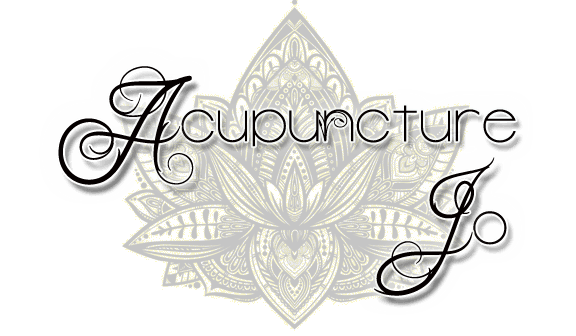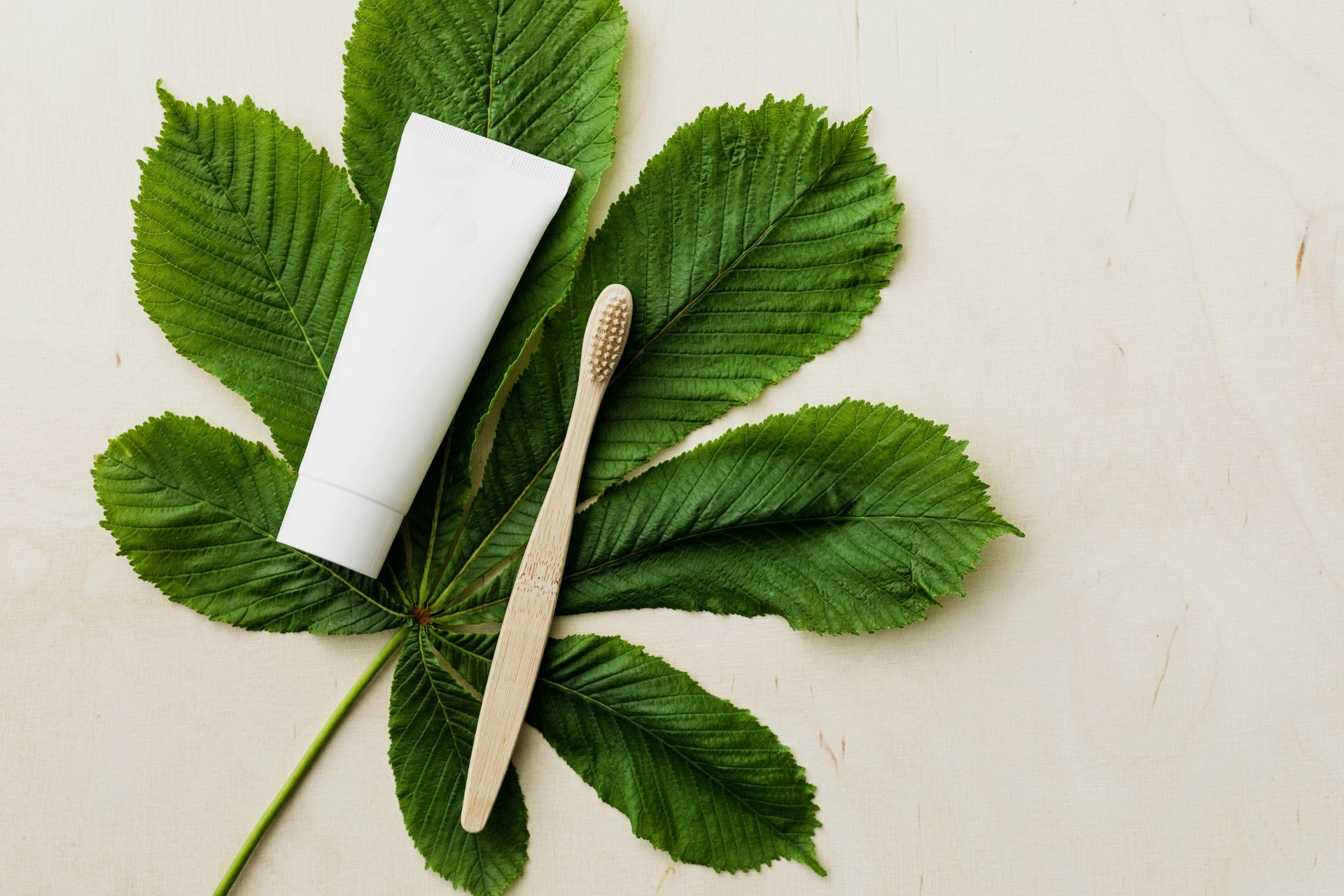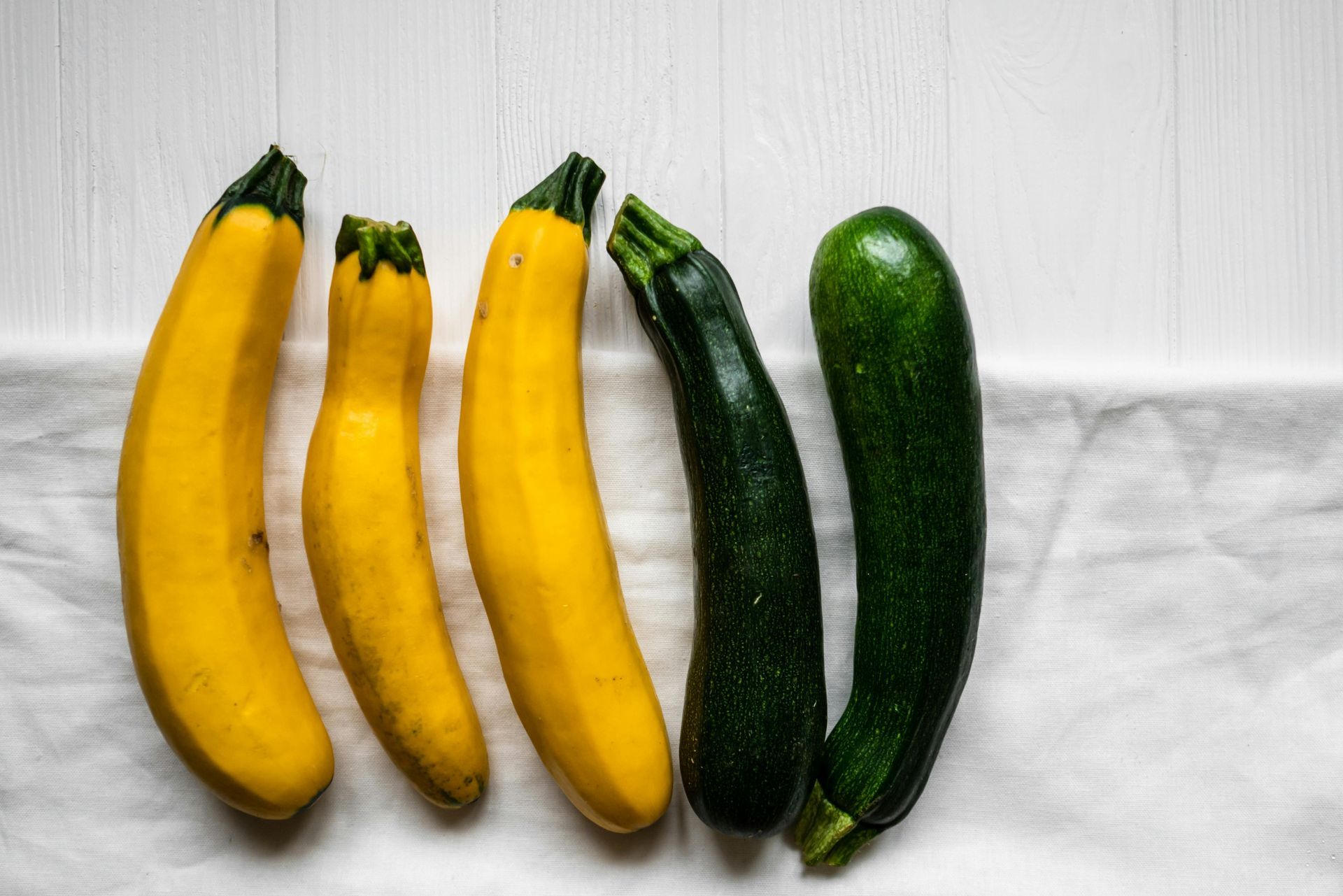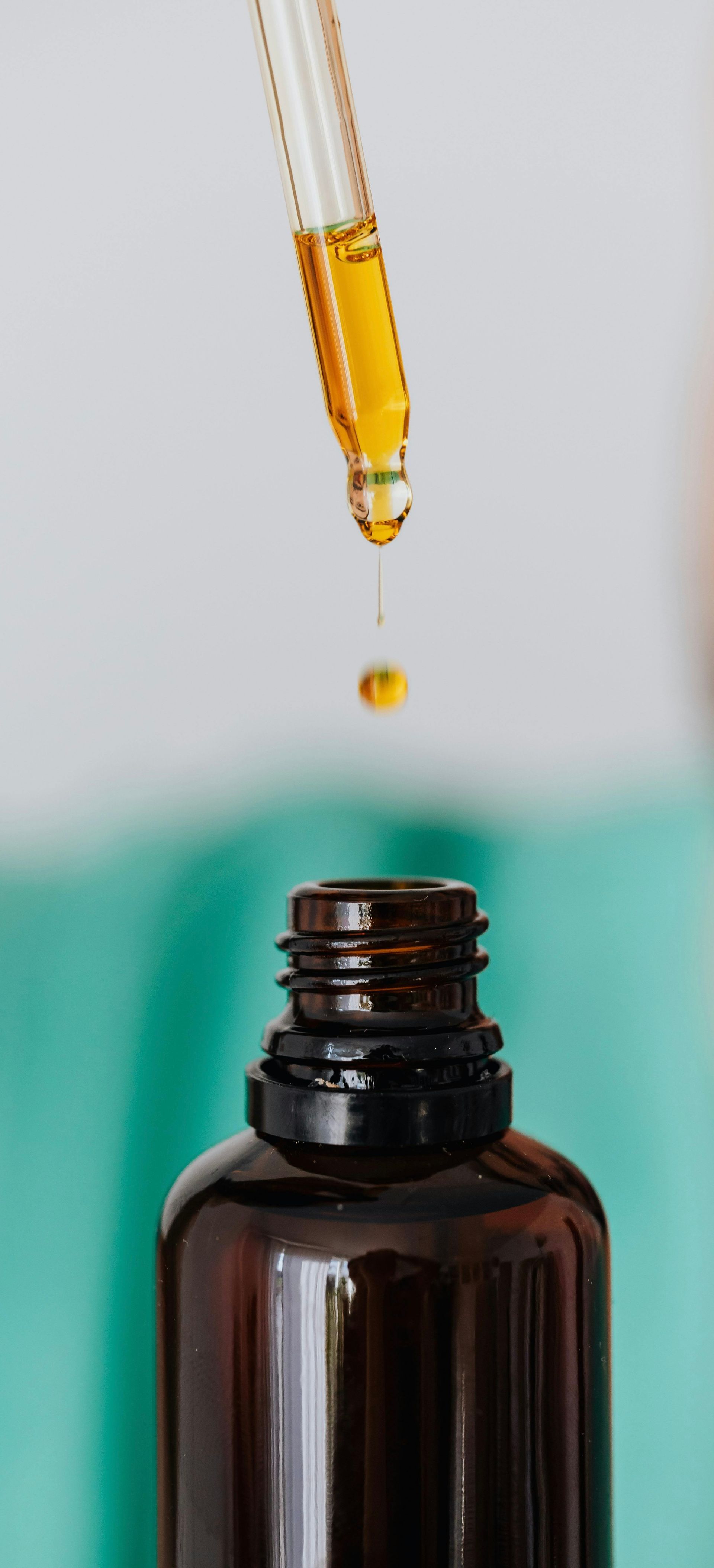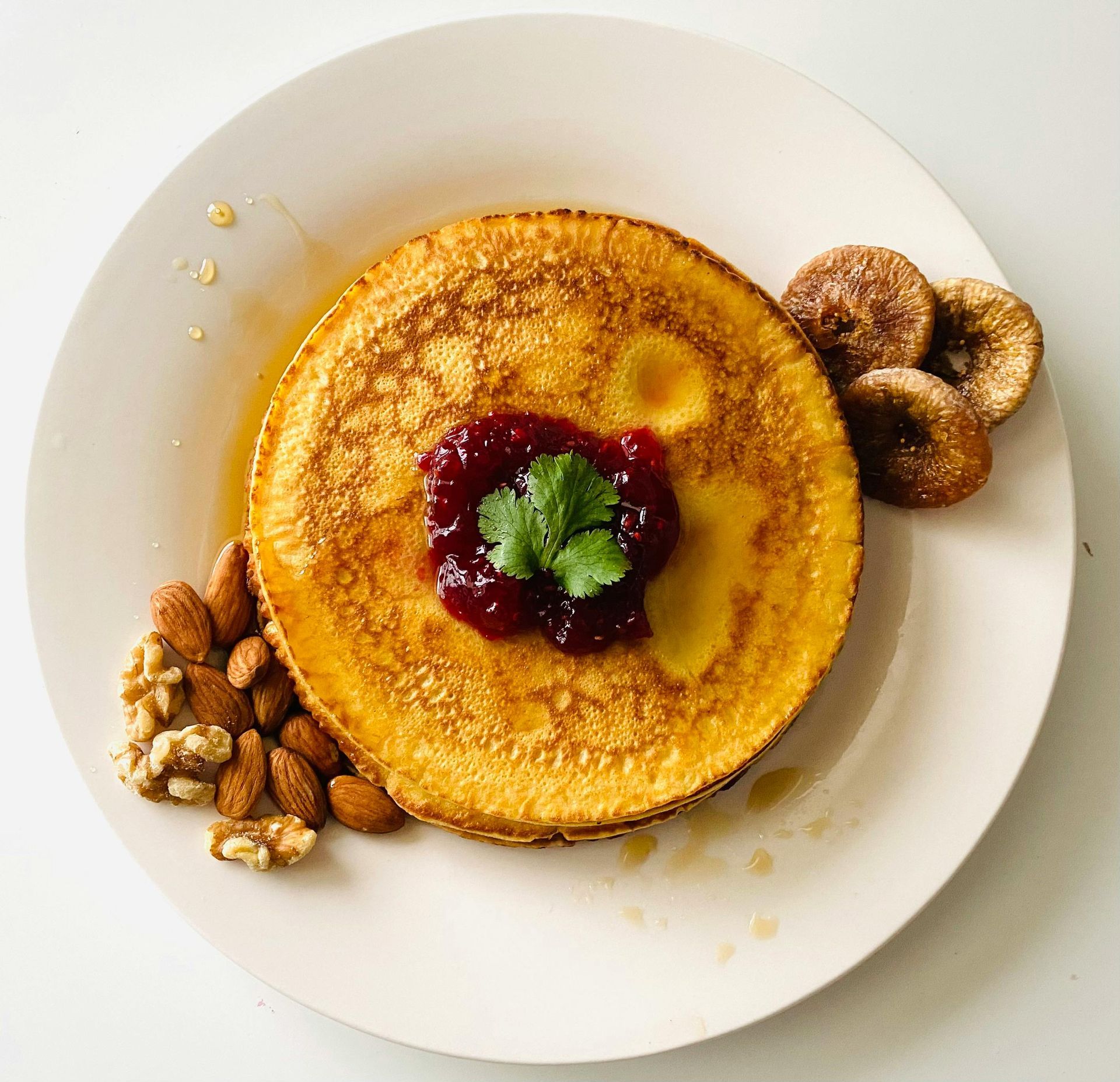Raw Milk, Dairy & TCM
Tea Time with Jo | Raw Milk, Dairy& TCM
It seems like there are 2 camps when it comes to dairy/milk consumption. You either have the “all dairy is bad and produces mucus” camp and the “raw milk is good for you and absolutely doesn’t produce mucus” camp. So which one is accurate and should you start or stop consuming dairy? Let’s discuss!
Raw Milk vs Conventional Milk
For centuries, raw milk HAS BEEN conventional milk. Farmers would bring fresh milk into their homes and consume it within a few days or find ways of preserving it via fermentation (cheese, kefir, yogurt, etc). It wasn’t until pasteurization came around that the notion of milk being “unsafe to consume” even crossed their minds. Pasteurization heats milk up to a high temperature for a short period of time. This process kills bacteria but it also kills a lot of beneficial stuff including enzymes that allow our bodies to digest dairy in the first place.
Lactose-intolerance exists in individuals who lack the enzyme Lactase which allows for proper breakdown and assimilation of lactose (sugar naturally occurring in milk). Milk, fresh from the animal, naturally contains this enzyme. Fresh milk also contains a host of vitamins that can get destroyed with high heat pasteurization. The “benefits” of pasteurized milk are that disease causing bacteria are killed and that the shelf life is extended. But what good is it extend shelf life if the nutrients in the milk have been destroyed? Let remember that the “milk man” used to deliver raw milk on a daily basis because refrigeration wasn’t common in households until the 1930s and people new the milk was more nutritious when it was raw.
Different Types of Pasteurization
So what do you do when you live in a state that outlaws the sale of raw milk? Fortunately, there are some dairy farms that pasteurize their milk using lower heat for a longer period of time (versus high heat for a short period of time). This process is called “vat-pasteurization” or “batch pasteurization”. When milk undergoes this process, it is heated long enough that it kills the disease causing bacteria but it isn’t hot enough to destroy the enzymes or as much of the vitamin content. A lot of folks in different countries do this at home. They receive fresh milk from the local dairy farm within hours of milking. The consumer than heats the milk on their stove for the appropriate amount of time before storing it for consumption over a few days. Most states allow for the sale of raw milk as long as it is labeled for non-human consumption (aka for your pets or farm animals). If that is the case, you can still purchase the raw milk and and it’s up to you to consume it or not (remember you can low heat pasteurize it yourself). If you are in a state that doesn’t allow any kind of raw milk, you can still get the benefits by consuming raw cheese. At the time of writing this post, raw cheese is legal across all states in the US as long as it is aged for at least 60 days. Cheese that is not raw is made from pasteurized milk which can also be difficult to digest for the same reasons.
What does TCM/EAM Think of All This?
One of the beauties of this ancient medicine is that it recognizes thermal and energetic properties of food. If you have been following my social media, or read other blog posts, you would have read that coffee is considered energetically hot (even if it is iced) and that matcha is considered energetically cold (even if heated). Cow’s milk is considered “warm” and it is considered to be “sweet”. The “sweet” flavor in TCM/EAM is typically considered good for digestion. Think of it as the complex carbohydrates in tubers like sweet potatoes as well as the complex carbs in fruits and legumes. Overindulgence in “sweet” foods, however, can lead to what is called “dampness”. Dampness in the body manifests as impaired fluid metabolism leading to fluid retention as well as impaired digestion. Over time, the accumulation of dampness can create “phlegm”. Phlegm exists is substantial form (what you see when you actually cough something up) and what you don’t see (unhealthy cholesterol build up, cysts, lipomas, nodules, etc).
A traditional western diet has an excess of sugary sweet foods (versus energetically sweet food) which produces dampness. In addition, the typical western diet also consists of other damp producing foods like fried foods, cold foods, excessive amounts of raw foods, alcohol, etc. When you add dairy to that mix, the dampness increases. This is why a lot of TCM/EAM practitioners, including myself, will advice against consuming dairy, especially in the beginning of someone’s healing journey.
Is Dairy OK for Me?
If a patient of mine wants to consume dairy, or is considering reintroducing dairy, I will check for certain signs that let me know their body is ready to assimilate it. One of the easiest ways to do this for yourself is to look at your tongue. If you look at your tongue in the mirror, does it look puffy/swollen? Does it have teeth marks along the edges? Does it have a thick white coating before brushing or scraping? If you answered yes to any of these, I would hold off on the dairy. If your tongue has none of these signs but you are generally full of mucus (always blowing your nose or coughing up stuff), that would also be an indicator for me that your body isn’t ready. If you have a tendency to develop cysts/nodules anywhere in your body (cystic acne, ovarian cysts, fat deposits like lipomas, sebaceous cysts, etc), that would also be a “no” for me.
If your tongue isn’t swollen, doesn’t have teeth marks and has a thin coating that you can see the color of the tongue through it, then your body is likely more able to assimilate dairy (check out this IG post for examples). If this is the case, I will always recommend starting with raw or vat pasteurized milk or fermented products made from it. Alternatively, I would also recommend starting with Sheep or Goat’s milk instead.
Why Sheep or Goat’s Milk?
Heritage breeds of cow produce a protein called A2 beta-caseins, which are more easily digested by most people. A lot of cows used in dairy farming today are not heritage breeds. These breeds produce more A1 beta-caseins which is much harder to digest and can lead to a lot of GI upset that people confuse for lactose intolerance. Remember that lactose intolerance, by definition, means the person cannot tolerate the lactose (due to lack of lactase present in their system). That is a completely different situation to a person that has trouble assimilating A1 proteins. Since both of these manifest similarly, a lot of people will just assume they are lactose intolerant when that may not be the case.
Sheep and Goats milk only contain A2 proteins which makes them better tolerated to those sensitive to A1. Both sheep and goat’s milk contain lactose but it is in smaller amounts, which can also make a difference. Keep in mind that issue of pasteurization also applies here, so raw sheep or goat’s milk will still contain lactase (and other nutrients), making it easier to digest, versus pasteurized.
What about Non-Dairy Milks?
The biggest issue with non-dairy milks, from a health perspective, is that the majority contain added ingredients like inflammatory oils and gums (some of which interfere with nutrient absorption). A lot of folks mistakenly think non-dairy milks are inherently healthier because dairy has been demonized on the inter webs. It is so important to check the label and make sure that your non-dairy milk of choice contains only water, organic non-diary plant ingredient (almond/cashew/coconut/oat, etc), and possibly some salt or real vanilla. I specify “organic” because the damage to your gut that can by caused by pesticides would practically negate any health benefit to these non-dairy milks. In my opinion, if it isn’t organic, it’s off the table.
Some people will make the argument that the environmental impact of growing almonds or oats is less than positive. I am not well educated on this matter so I’ll leave you to do your own research there.
At the end of the day, ounce for ounce, animal based milk is far more nutritious than plant based milk. There is actually zero benefit in someone consuming the “milk” over the plant ingredient itself. You’ll get more nutrition eating the almond, cashew, oats, coconut, etc. in its whole form than you will in the milk form, which is just blended with water.
In Conclusion…
Whether or not dairy produces mucus in your system boils down to your body’s individual ability to assimilate the lactose and proteins that are present. A blank statement that “raw milk doesn’t produce mucus” is no more accurate than the blank statement of “all dairy produces mucus”. It boils down to what your body does with it and your body will do different things depending on different lifestyle factors. Take a look at your tongue, have a piece of cheese or a small serving of milk, and observe how your body feels. Did your stomach get upset? Did your acne flare? Did your tongue develop more coating the next day? If so, your body is probably not ready yet. If you felt nourished, noticed no ill effects and your tongue coating didn’t increase the next day, than it could be worth incorporating some into your nutrition.
I hope you found this post helpful. If so, please feel free to share it with someone who you think could benefit from this information.
